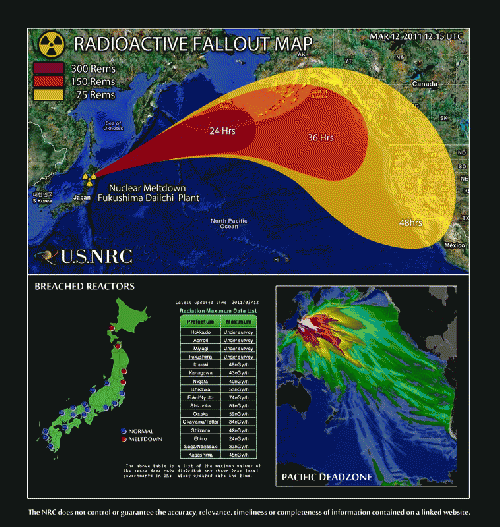When a technology can deliver benefits or harm, who or what should step in to prevent the harm?
Free marketers tell the public, you do it; stop buying if you're worried about your health or the environment. That's a fairytale. We're not talking about shopping for apples at a farmers' market. Buyers often have little choice. Ill effects may be delayed or concealed.
Where the stakes are high enough, almost everyone accepts some government regulation. The combination of regulation and market forces can be effective. Take the airlines. Flying is safer than ever, because crashes make headlines, customers respond, and regulators do their jobs.
But the ending is not always so happy. Too often marketing deceives the public. Too often regulators team up with the interests they are supposed to regulate. Technical experts assume best methods will prevail, leading them to produce over-optimistic risk assessments. Policymakers and the public believe the experts, until the accidents pile up.
Exhibits A and B are nuclear power and genetically-modified (GM) crops. I have nothing in principle against either, but fear nukes and worry over the direction GM crops have taken. My concerns have more to do with the power of big bucks than with critical masses or spliced genes per sec.
Nuclear Power
Nuclear power is a chain of dangers. For it to be safe, public good must take priority over the bottom line, at every step from reactor design and operation to the disposal of radioactive wastes and weapons material. That 's a tall order.
Governments regulate the industry, and most do so with care, but serious accidents happen anyway. The same can be said of other industries, such as generating power with coal, even raising wind turbines, but the potential consequences are nowhere nearly so dire. Do not count on an informed public to prevent abuses, because the nuclear industry spreads disinformation. Don't count on the market, since nuclear power feeds into grids in which customers have no meaningful control over sources.
Before Fukushima, proponents claimed nuclear power would do little lasting harm. Really, they did, on pro-nuke websites and in print. They said Chernobyl had been a once-in-an-eon mistake. They patronized the public with assurances that reactors cannot blow up with the force of an atom bomb, and that Hiroshima and Nagasaki soon became safe to live in, two truism s that obscure the real dangers of nuclear power.
Over its lifetime a nuclear reactor produces thousands of times as much radioactive fission products as the bombs did, and accidents can disperse them over long distances. The worst possible accident would be a catastrophe without historical parallel.
Since Fukushima, the nuclear propaganda mill tells us it's over and wasn't so bad. In reality, Fukushima would have been much worse in those first days, had the wind blown inland and the desperation measure of dumping in seawater been a little less effective. As it is, the facility continues to contaminate the oceans and remains a threat to metropolitan Tokyo.
So half of the pro-nuke argument is disinformation. There is a stronger half. Proponents point out that most reactors run safely, and they make a good technical case that problems can be corrected. For nuclear enthusiasts, that ends the argument.
But other experts reognize that errors will happen and risks will be taken. A growing group of policymakers, scientists and engineers who worked on and supported nuclear power now oppose it. An OpEdNews must read explains why.
Imagine that proponents get their way, and nuclear power becomes the leading energy source. There would be more reactors than now, tens of times as many, therefore more risk of large radiation releases. Advanced reactor designs could be safe from meltdowns, but that alone would not eliminate the danger of releases. Financial incentives would remain to keep aging reactors running. Reactors would still produce radioactive wastes and potential weapons material. Moreover, we do not know how widely the comparatively safe designs would be adopted, since the costs of building and operating them are little known.
In a nuclear-powered world mad leaders, powerful fools and corrupt bureaucrats would control reactors. They'd seek the bomb and cut corners in waste disposal. The industry would have the money and clout fossil-fuel industries now enjoy. They would lobby, buy politicians and use the promise of jobs as a lever to get their way. Safety would take a back seat.
GM Crops
(Note: You can view every article as one long page if you sign up as an Advocate Member, or higher).





